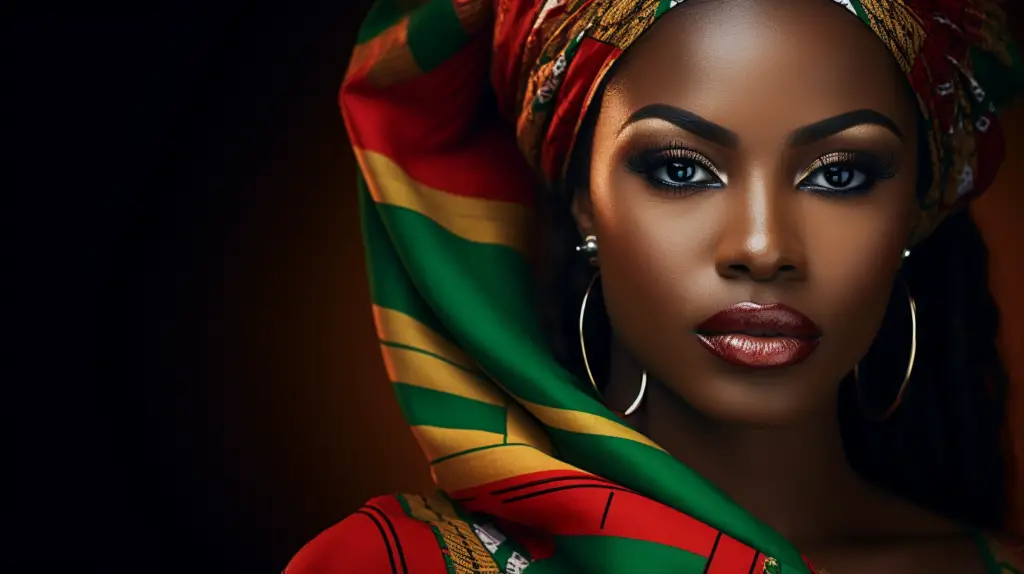Burkina Faso, a landlocked country located in the heart of West Africa, is a nation rich in cultural heritage, historical significance, and a shared spirit of independence. Every year, the people of Burkina Faso come together to celebrate their hard-fought freedom on Independence Day, a national holiday that carries great importance and resonates deeply within the hearts of the Burkinabe people.

This article will explore 10 intriguing facts about Burkina Faso‘s Independence Day, aiming to provide you with an in-depth understanding of its historical context, significance, and the various customs and traditions that encompass this remarkable celebration.
- The Date of Independence
Burkina Faso celebrates its Independence Day on August 5th every year. This date marks the day when Burkina Faso, then known as Upper Volta, gained independence from French colonial rule in 1960. This ended nearly 60 years of French administration that had been in place since 1901.
- The Meaning of the Name
Upon gaining independence, the country was initially known as Upper Volta, a name derived from the Volta River which runs through the nation. However, in 1984, then-president Thomas Sankara renamed the country Burkina Faso, which translates to ‘Land of the Upright Men’ in the local Mossi and Dioula languages. This was part of Sankara’s revolutionary agenda to redefine the nation’s identity and liberate it from colonial influence.
- Celebrations Across the Country
Independence Day in Burkina Faso is a nationwide event celebrated with immense enthusiasm. The celebrations are marked by public and private events across the country, including parades, music and dance performances, traditional ceremonies, and speeches by political leaders. It is a day of unity and joy, where the Burkinabé people celebrate their rich culture and the progress they have made as a nation.
- National Flag
The Burkina Faso national flag is an integral part of the Independence Day celebrations. The flag, composed of two horizontal bands of red and green with a yellow five-pointed star in the center, was adopted on August 4th, 1984. The red represents the revolution, green symbolizes the country’s agricultural wealth, and the yellow star stands for guiding light of the revolution.
- Military Parades
A significant highlight of the Independence Day celebrations in Burkina Faso is the military parade. The parade involves various divisions of the country’s armed forces and is usually overseen by the President. This spectacle serves to showcase Burkina Faso’s strength, unity, and dedication to maintaining their hard-won independence.
READ MORE: Malaria Vaccine Ready for Distribution to Developing African Countries
- Commemorative Speeches
On Independence Day, the President and other political leaders give speeches to commemorate the occasion, reflecting on the country’s journey since independence, its achievements, challenges, and aspirations for the future. These speeches are an important part of the day’s events and are broadcast nationwide.
- Role of Music and Dance
Music and dance play a significant role in the Independence Day celebrations. Traditional Burkinabé music, played on local instruments like the balafon (a kind of xylophone), the kora (a harp-like instrument), and the djembe (a drum), fills the air. Various traditional and contemporary dances are performed, showcasing the rich cultural diversity of the country.
- The Role of Art
Art plays a crucial role in Burkina Faso’s Independence Day. Artists across the country create works inspired by the country’s journey to independence and its aspirations. These can be seen in public exhibitions and performances, contributing to the colorful and festive atmosphere of the day.
- Sports Events
Sporting events, including football matches and traditional sports, often form part of the Independence Day celebrations. These events serve not only as entertainment but also as a way of promoting unity, camaraderie, and national pride among the citizens.
- Reflection and Forward-Looking
While Independence Day is a time of celebration, it is also a day of reflection for the people of Burkina Faso. The citizens remember their history, the struggles for independence, and the progress they’ve made as a nation. It’s also a day to look forward to the country’s future, envisioning a path of growth, unity, and prosperity.
READ MORE: 25 Interesting Facts About the Clouded Leopard
Conclusion
Burkina Faso’s Independence Day is a vivid and heartfelt celebration of national pride, history, culture, and progress. It not only symbolizes the country’s triumph over colonial rule but also serves as a reminder of the ongoing journey towards a brighter, more prosperous future. With each passing year, the celebrations continue to embody the spirit, resilience, and unity of the ‘Land of the Upright Men’.


